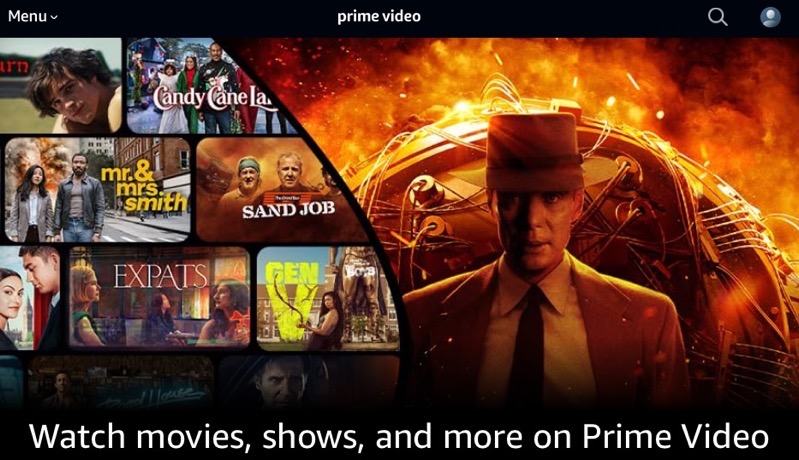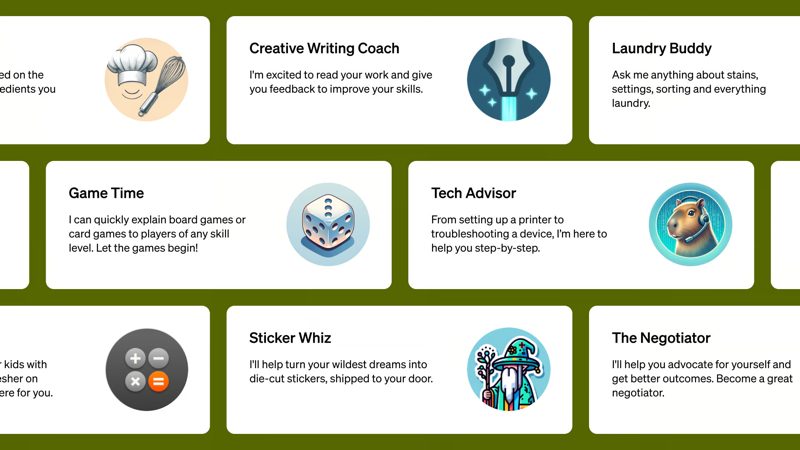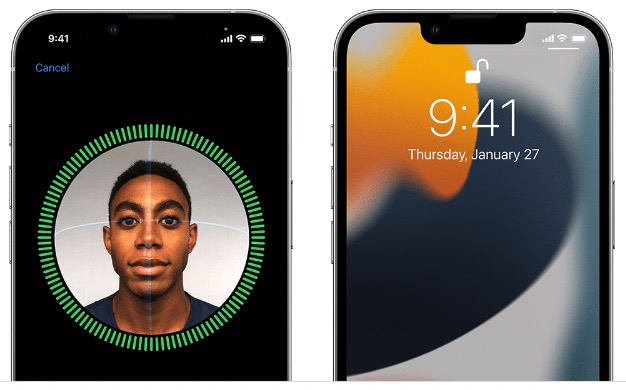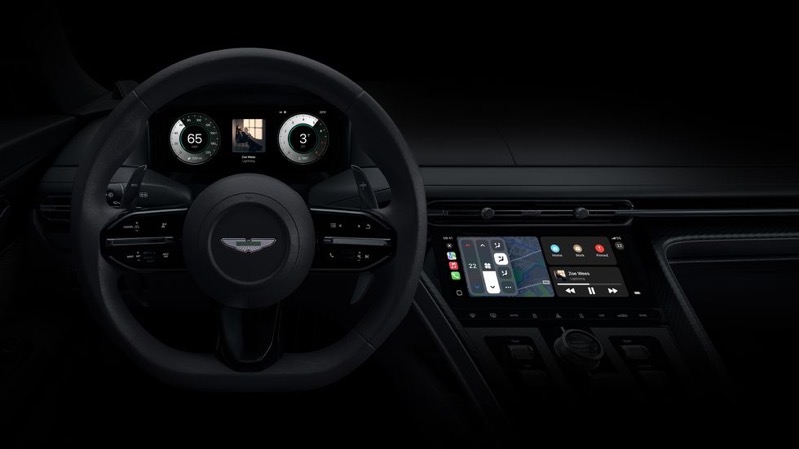
OpenAI Unveils Custom ChatGPTs for Personal Use and Sharing

OpenAI had its first developer conference, OpenAI DevDay, on Monday evening and made a variety of new announcements.
One new feature is the introduction of customizable versions of ChatGPT, known as GPTs, designed to enhance daily tasks for users at work or home. These GPTs can be tailored to assist with a variety of activities, from learning board game rules to teaching math and designing stickers. The creation process is user-friendly, requiring no coding skills, and allows for personal, internal company use, or public sharing.
The initiative has already seen the launch of example GPTs for ChatGPT Plus and Enterprise users, with applications like Canva and Zapier AI Actions. OpenAI plans to extend the availability of GPTs to a broader user base shortly.
In response to user demand for more personalized control, OpenAI introduced Custom Instructions in July, and now GPTs are set to automate and refine this customization process. The community is expected to play a pivotal role in developing innovative GPTs, with no coding expertise necessary to contribute.
The upcoming GPT Store will enable creators to publicly share their GPTs and feature verified builders’ creations. The store will also include leaderboards and highlight outstanding GPTs across various categories. Additionally, creators will have the opportunity to monetize their GPTs based on user engagement.
OpenAI has emphasized privacy and safety in the development of GPTs. User interactions with GPTs remain confidential, and data sharing with third-party APIs is optional. New systems have been implemented to review GPTs against usage policies, aiming to prevent the distribution of harmful content.
As GPTs evolve, they will become capable of performing real-world tasks, moving towards the concept of AI “agents.” OpenAI is approaching this future incrementally, considering the technical, safety, and societal implications.
Developers can enhance GPTs with custom actions through API integration, allowing for real-world interactions such as database connections and e-commerce transactions. Enterprise customers can also create internal GPTs for specific business needs, with early adopters already utilizing them for various functions.
Yesterday also saw OpenAI unveil its new GPT-4 Turbo model, with “improved instruction following, JSON mode, reproducible outputs, parallel function calling, and more.” The training data is now up to April 2023 and the context window is 128,000 tokens, compared to 8,192 for GPT-4.
The context window refers to the amount of text the model can consider at one time when generating a response. This text includes the prompt given by the user as well as the model’s own generated text. The context window is measured in “tokens,” which can be words, parts of words, or punctuation marks that the model uses to understand and generate language.
The pace of these large language models is impressive and we’re only at the beginning here (Miles Dyson, where you at?).
Lastly, ChatGPT Plus has been updated with the latest information and simplified for user convenience. Users can now access various features, including DALL·E, browsing, and data analysis, in one unified interface, along with the ability to search through PDFs and other documents.
You can watch a replay of the opening keynote from OpenAI DevDay below:


